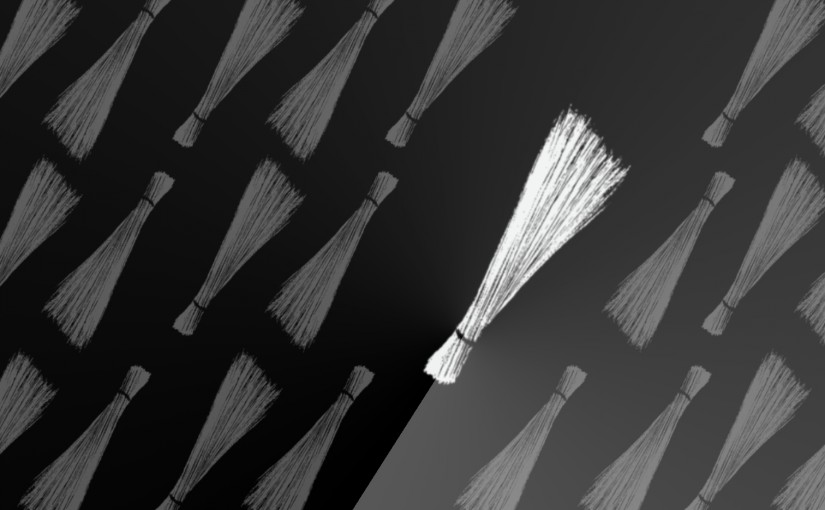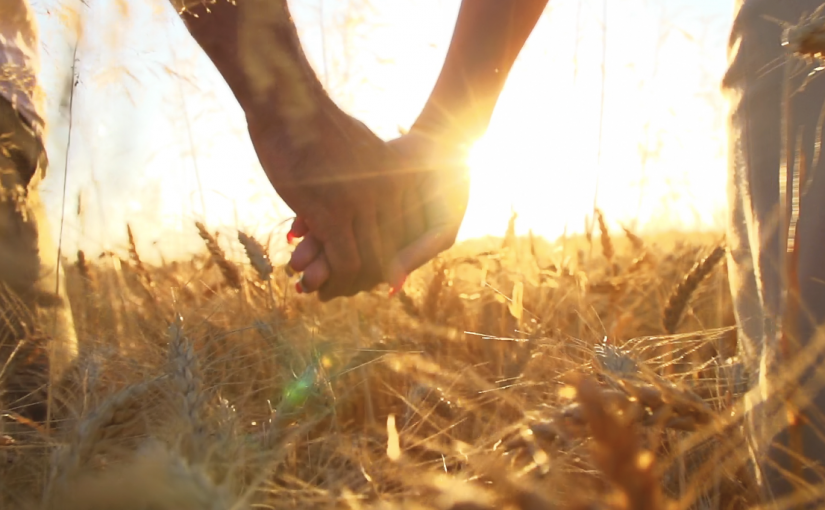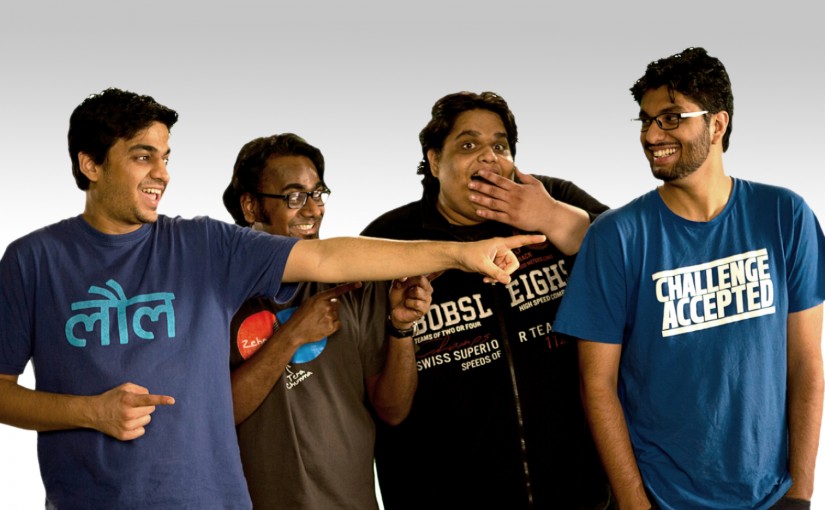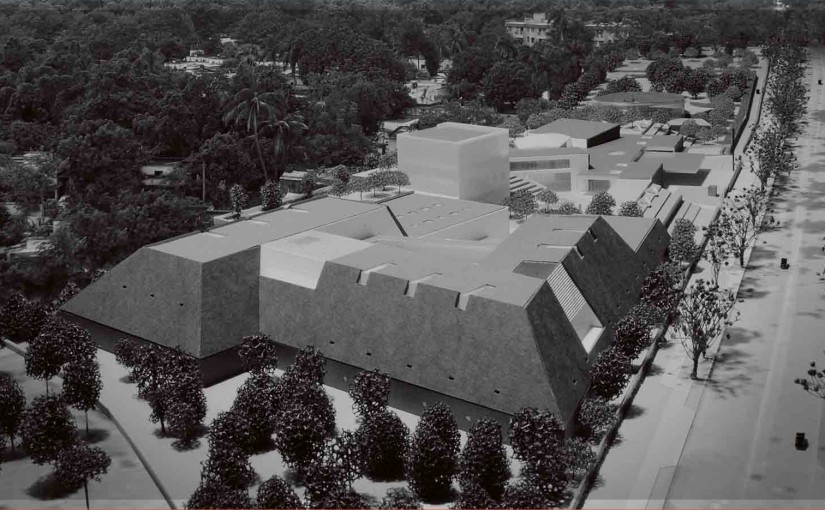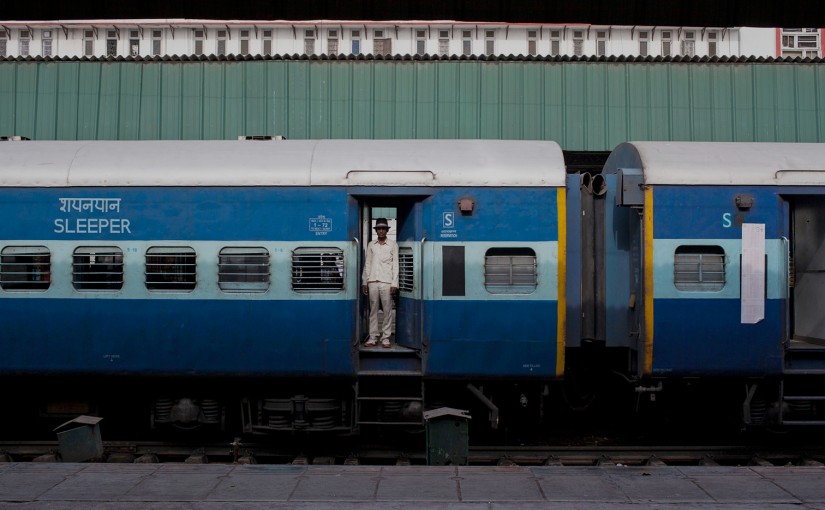Drop us a few lines about the task and we will get back immediately to see we how we can take the discussion forward. Alternately, just pick up the phone and speak with us at +91 9910034330 and we would be happy to help.
- - Do tell us a little about the nature of your business.
- - Be specific about what you’d like us to help you with.
- - Knowing your budget always helps us plan a suitable intervention.
- Blog
Rural Enterprise
-
Rural Enterprise

I nearly froze, but last evening’s ride back in an auto-rickshaw was worth it, like they always have been in the past. I get to spend time with the driver, most of whom are from rural parts of India; get a peep into their lifestyle; hear their stories from back home and, come back richer – stories, insights, learnings.
Rural folk are a smart lot – am sure you have sampled the Jugaadu spirit yourself. Traveling through the sugar belt, and elsewhere, speaking with farmers I have learned how enterprising they can be.
Bhola (name changed), my driver of last evening, left me with much:
I had to let go of my car & driver and needed to take an auto ride instead…first from South Delhi to Mayur Vihar and then back home – all put together, over 2 hours of time spent together . Bhola, 23 years of age, offered me roasted peanuts as I got back after finishing my task – my reward for making it back in 15 minutes, instead of the promised 20 – most people overshoot by twice as promised, he shared.
He had been driving the auto for over 8 years, first in Surat when he was 15 (obviously without a license) and then moved to Delhi 5 years ago. He wakes up at 5 am everyday; bathes and dresses; fetches milk, makes tea and starts work on preparing breakfast. Menu for the breakfast, paranthaas, is the same as lunch; some days he makes sabzi too, on others he would buy that from a roadside vendor.
Work starts at 8 am, and goes on until 11 pm. The auto owner charges Rs. 450/- day as rental, not including fuel; daily sales are between Rs. 1100/- to 1200/- on an average; deduct Rs. 100/- towards fuel (CNG) and the rest is earning. Monthly savings exceed Rs. 10,000/- and are kept aside for sending back to the village.
“Who all is there back home? Will this money be used by them for monthly expenses?” I ask “They don’t need the money,” comes the reply. The family – mother-father, 3 brothers – 2 married, from what I recall; father & brothers manage the fields – 40 bighaa in all; we grow Mustard and Wheat, which generate earnings of Rs. 2 lacs & 1 lac respectively; half of this is profit; this is used to buy new land, make enhancements and additions to the house etc.”
“What about your savings?” I ask him.
“Yes, that’s being saved to contribute towards the borewell that’s being planned for next year,” he says, adding “The canal doesn’t reach the village. The water will give us better yields for our own fields and there is great demand for irrigation water in the village. People pay Rs. 100/- per hour of pumping (diesel is paid for by the user) and 3 hours of pumping/ month is required per bighaa.”
Continuing, “We will drill upto a depth of 100 feet, ensuring perennial supply of water. At approx Rs. 2.0/ 2.5 lacs of investment, we should be able to recover the investment within a year. What’s more, with a borewell, the dowry that my father will receive for my marriage will go up.”
I was very curious to hear this in greater detail…and he obliged.
“Last year when my brother got married, my father got Rs. 3 Lacs and a Bolero but then we also made jewelery worth Rs. 3 lacs and my father hosted a big wedding – over Rs. 2 lacs were spent on the arrangements. I should get at least 5 lacs, with the borewell in place.”
We spoke about Bandits (his village is was on the fringes of Chambal) who feast at weddings and many other interesting things.
It too cold for another auto-rickshaw ride at the moment, but am looking forward to one soon.Disclaimer: Views of authors are personal and do not represent the views of Blogworks, or any of its clients.
-
Contact
conversations@blogworks.in
+91-9910034330 -
Newsletter
-
Social













